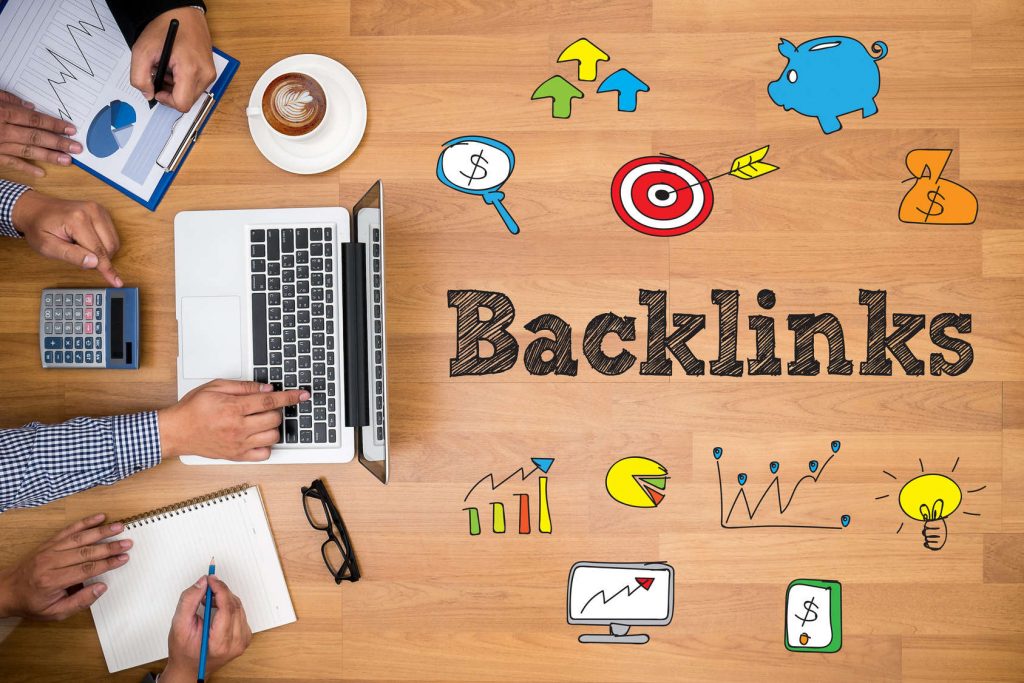In the ever-evolving world of SEO (Search Engine Optimization), the quest for high-quality backlinks remains an integral part of achieving a strong online presence. Backlinks, also known as inbound links or incoming links, play a crucial role in determining your website’s authority and search engine rankings. As a result, many website owners and marketers are tempted to explore the option of buy backlinks to expedite their SEO efforts. However, before you take the plunge, it’s essential to understand the nuances and potential risks associated with buying backlinks.
In this comprehensive guide, we’ll delve into the world of buying backlinks, exploring its benefits, risks, and the right way to go about it.
The Basics of Backlinks
Before we dive into the topic of buying backlinks, let’s review some fundamental concepts:
- What Are Backlinks?: Backlinks are hyperlinks from other websites that point to your site. They serve as a vote of confidence in your content and website, indicating to search engines that your site is valuable and relevant.
- Why Are Backlinks Important?: Search engines, like Google, use backlinks as a significant ranking factor. Websites with a higher number of high-quality backlinks tend to rank higher in search results, leading to increased visibility and organic traffic.
Benefits of Buying Backlinks
- Save Time and Effort: Building backlinks organically can be a time-consuming process. Buying backlinks can help you skip the outreach and content creation phases, saving you valuable time and effort.
- Quick Ranking Boost: High-quality backlinks from reputable websites can lead to a rapid improvement in your search engine rankings, potentially increasing your website’s visibility and traffic.
- Access to High-Authority Sites: Buying backlinks from established websites can provide your site with credibility and authority in your niche.
Risks and Pitfalls
While buying backlinks may seem appealing, it’s essential to be aware of the potential risks:
- Google’s Guidelines: Google strictly advises against buying or selling links to manipulate search rankings. Violating these guidelines can lead to severe penalties, including a drop in rankings or deindexing.
- Quality Control: Purchased backlinks may not always come from reputable sources. Low-quality backlinks can harm your site’s reputation and rankings.
- Short-Term Gains, Long-Term Consequences: While you might see a quick boost in rankings, this could be short-lived. Google’s algorithms are continuously evolving, and they are getting better at detecting unnatural or spammy backlinks.
- Financial Costs: Buying high-quality backlinks can be expensive, and there’s no guarantee of a positive ROI.
The Right Way to Buy Backlinks
If you decide that buying backlinks is worth the risk, it’s crucial to do it the right way:
- Choose Reputable Providers: Look for reputable SEO agencies or providers with a track record of delivering high-quality backlinks.
- Focus on Quality Over Quantity: Opt for a few high-quality backlinks from authoritative websites rather than a large number of low-quality links.
- Diversify Anchor Text: Ensure that the anchor text (the text used for the hyperlink) is varied and natural-looking to avoid appearing manipulative.
- Monitor and Disavow: Regularly monitor your backlink profile, and if you discover any low-quality or spammy links, use Google’s Disavow Tool to disassociate them from your site.
Conclusion
Buying backlinks can be a tempting shortcut to improving your website’s SEO performance, but it comes with significant risks and potential consequences. Before you decide to go down this path, carefully consider the benefits and drawbacks, and always prioritize quality over quantity. Remember that building organic, high-quality backlinks through valuable content and ethical outreach methods remains the safest and most sustainable approach to improving your website’s search engine rankings in the long run.
